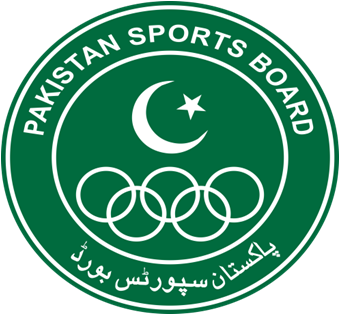|
Introduction The Commonwealth Games is a multinational, multi-sport event . Held every four years, it involves the elite athletes of the Commonwealth of Nations . Attendance at the Commonwealth Games is typically around 5,000 athletes. As well as many Olympic sports , the Games also include some sports that are played mainly in Commonwealth countries, such as lawn bowls , rugby sevens and netball . There are currently 53 members of the Commonwealth of Nations and 71 teams participate in the Games. The four constituent countries of the United Kingdom - England , Scotland , Wales and Northern Ireland -send separate teams to the Commonwealth Games, and individual teams are also sent from the British Crown Dependencies - Guernsey , Jersey and the Isle of Man -and many of the British overseas territories . History The first Commonwealth Games were held in 1930 in Hamilton, Ontario, Canada. Bobby Robinson, a major influence within athletics in Canada at the time, finally implemented the event that had been talked about amongst Commonwealth nations for over thirty years. Eleven countries with 400 athletes in total participated in the first Commonwealth Games. $30,000 was provided by the City of Hamilton to these nations to help cover traveling costs. Since then, the Games have been conducted every four years except for 1942 and 1946, due to World War II. From 1930 to 1950 the Games were known as the British Empire Games, then the British Empire and Commonwealth Games until 1962. From 1966 to 1974 they took on the title of British Commonwealth Games and from 1978 onwards they have been known as simply the Commonwealth Games. A governor-general represents her in the country. Growth of the Games While other Games around the globe have been founded on geographic or climatic factors such as the Asian, Pan Am, African Games and Winter Olympics, the Commonwealth Games has been founded on history. Unique characteristics of the Commonwealth Games include being the only Games which shares a common language. All athletes and officials can converse with each other in English, creating an atmosphere that has led to the Commonwealth Games being long known as the "Friendly Games". The bonds of the Commonwealth Games help to encourage and support the pursuit of health and fitness in each of the member countries and provide an inspiration for youth to strive for excellence. Origins A sporting competition bringing together the members of the British Empire was first proposed by Reverend Astley Cooper in 1891 when he wrote an article in The Times suggesting a "Pan-Britannic-Pan-Anglican Contest and Festival every four years as a means of increasing the goodwill and good understanding of the British Empire". In 1911, the Festival of the Empire was held in London to celebrate the coronation of King George V . As part of the festival an Inter-Empire Championships was held in which teams from Australia, Canada, South Africa and the United Kingdom competed in events such as boxing, wrestling, swimming and athletics. In 1928, Melville Marks (Bobby) Robinson of Canada was asked to organise the first British Empire Games. These were held in Hamilton, Ontario two years later. Opening ceremony traditions
Boycotts The Commonwealth Games, like the Olympic Games, has also suffered from political boycotts . Nigeria boycotted the 1978 Games in protest of New Zealand 's sporting contacts with apartheid -era South Africa , and 32 of 59 nations from Africa, Asia, and the Caribbean boycotted the 1986 Commonwealth Games due to the Thatcher government's attitude to South African sporting contacts. Boycotts were also threatened in 1974, 1982, and 1990 because of South Africa. Editions
Pakistan's Medal Tally in Commonwealth Games
|
||||||||||||||||||||||||||||||||||||||||||||||||||||||||||||||||||||||||||||||||||||||||||||||||||||||||||||||||||||||||||||||||||||||||||||||||||||||||||||||||||||

